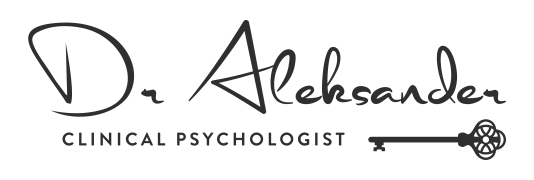
“An eating disorder has everything to do with body image and diets and nothing to do with body image and diets”
Understanding Eating Disorders
Eating disorders are complex mental health issues that can be influenced by various factors, including societal pressures and the problematic diet culture. These disorders often involve distorted body image, preoccupation with weight and food, and behaviours aimed at controlling one’s body. While not everyone meets the criteria for a specific eating disorder diagnosis, many people still struggle with disordered eating patterns and negative body image.
Common Types of Eating Disorders
Eating disorders encompass various types, each with unique characteristics and challenges. Some common eating disorders include:
- Anorexia Nervosa: Characterised by severe restriction of food intake, leading to significantly low body weight, intense fear of weight gain, and distorted body image.
- Bulimia Nervosa: Involves recurrent episodes of binge eating followed by compensatory behaviours such as purging, fasting, or excessive exercise to counteract the effects of overeating.
- Binge Eating Disorder: Recurrent episodes of consuming large amounts of food in a short period, accompanied by a sense of loss of control and feelings of guilt or shame.
- Other Specified Feeding or Eating Disorder (OSFED): A diagnosis for individuals who do not meet the full criteria for other eating disorders but still exhibit clinically significant symptoms that cause distress and impairment.
- Body Dysmorphic Disorder (BDD): While not an eating disorder, BDD often co-occurs with them. It is characterised by an obsessive preoccupation with perceived flaws in appearance, leading to compulsive behaviours such as excessive grooming or seeking reassurance.
Addressing the Root Causes
A trans-diagnostic approach focuses on the underlying issues that contribute to eating disorders, rather than solely focusing on symptoms that fit a specific diagnosis. This method recognises that people may shift between different eating disorder presentations and emphasises addressing the root causes of disordered eating patterns.
Eating disorders are often egosyntonic, meaning that individuals may see their behaviours as a solution rather than a problem. Like addictions, eating disorders can take on a life of their own, separate from any initial triggers or causes.
Comprehensive Treatment Approach
Treating an eating disorder requires specialised training and experience, and often requires collaboration with other professionals such as a GP and dietician. Having worked in a specialised inpatient eating disorder unit, being trained in treatment specific to eating disorders, as well as my extensive experience treating trauma, I am well positioned to help you with body image and dietary issues.
DASS-21 Questionnaire
All new patients are encouraged to complete the DASS-21 psychological test. This quick and easy online questionnaire assesses depression, anxiety, and stress levels, providing valuable insights into your mental health.
Take the online quizTherapy Process
Personalised and effective therapy develops through a dynamic and iterative process.
Your evolving needs will be met by a continuous refinement of such process, fostering successful and unique care.
1. Assessment
We begin by exploring your concerns, history, and goals through a clinical interview and psychometric questionnaires. Building a strong therapeutic relationship is our priority during this phase.
2. Formulation
Together, we develop an understanding of your experiences based on psychological theories, aiming for a shared understanding of contributing factors.
3. Treatment
Tailored therapy approaches, such as CBT or ACT, address your specific needs. We focus on emotional stability, coping strategies, and uncovering underlying patterns for lasting growth.
4. Evaluation
Continuous assessment allows us to monitor progress. I will adjust treatment plans and optimize outcomes based on individualized goals and standardized measures.
